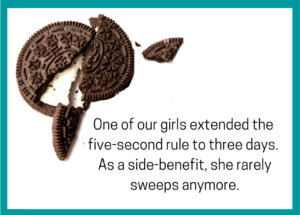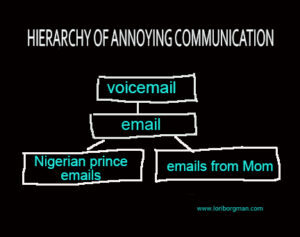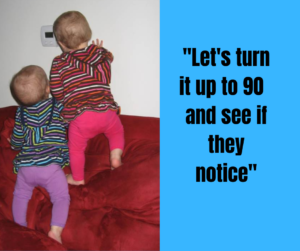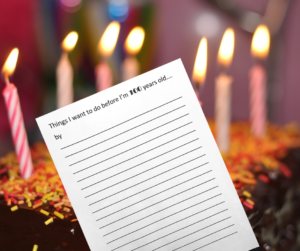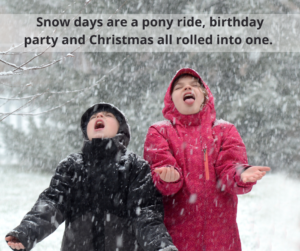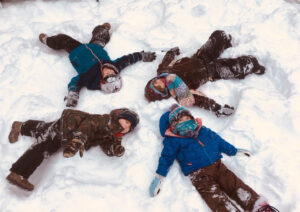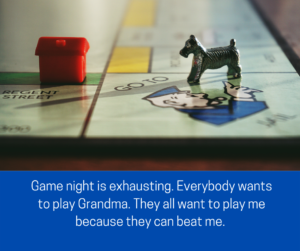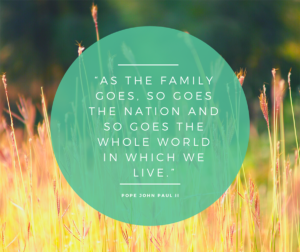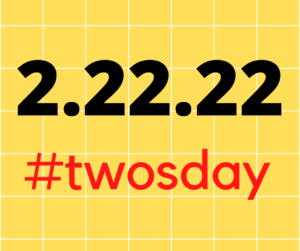The good news is that grocery store shelves seemed better stocked these days. The bad news is the little credit card machines at the checkouts that used to say “chip, swipe or tap,” now say, “arm, leg or both.”
The rising cost of food is so bad that one of our girls extended the five-second rule to three days. As a side-benefit, she rarely sweeps anymore.
I find myself studying the grocery circulars like I once studied the stock market. Last week, I hit four different stores to cash in on the specials. I felt good about all the savings until I realized I spent six times on fuel what I saved on food.
We were in Kansas City recently, a city with some of the best grocery stores in the country. We took a cooler and brought home three reasonably-priced beautiful briskets. When we drove to Maine two years ago, we took a cooler and brought back 10-pounds of wild Maine blueberries purchased at a produce stand without the middleman markup.
Some people run drugs and guns across state lines, we run brisket and blueberries. We all have our priorities.
As a family, we have been playing “The Price is Right” shooting texts back and forth, guessing what someone paid for something at the store. We may rename the game “The Price is Wrong.” None of us seem able to keep up with rising costs.
Nearly all the grands are bacon lovers. On a good day, you can find a pack of bacon for $9. Several of the grands recently asked if I would make some for breakfast. I told them I would. For their birthdays.
The looks on their little faces was heartbreaking. Normally, I would have consoled myself with a piece of chocolate, but who can afford that?
On the bright side, the new weight-loss program is working well.
I keep wondering if costs will rise for streaming the Food Network.
Walmart has said that consumers are aware of rising prices but haven’t changed their behavior yet. Someone needs to tell Walmart it is hard to live without food.
Some of the rising costs are on foods we don’t really need and are better off without. I don’t need Diet Coke and I can live without Diet Coke, but once it becomes forbidden fruit, all I think about is Diet Coke.
I recently saw that you can now place online orders for Girl Scout cookies. I imagine it makes it a lot more convenient to fill out your loan application at the same time. They take that “Be Prepared” business seriously.
My husband said the way I carry on about the price of groceries, it’s a wonder they don’t bring drive-up orders to the car in an armored vehicle. I’m picking up an order tomorrow. I’ll let you know.

